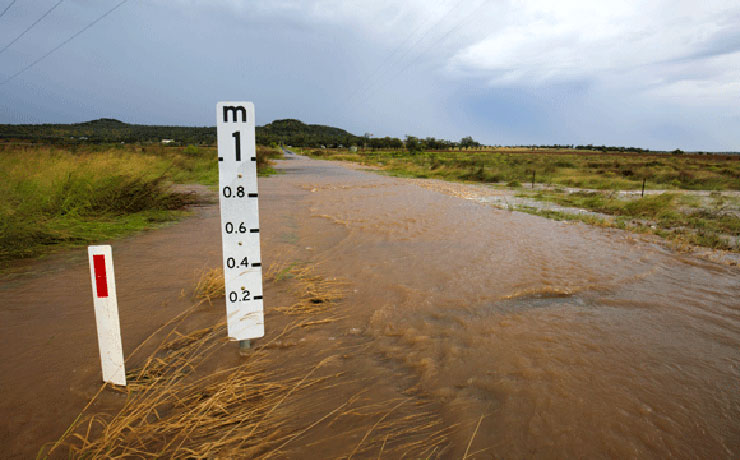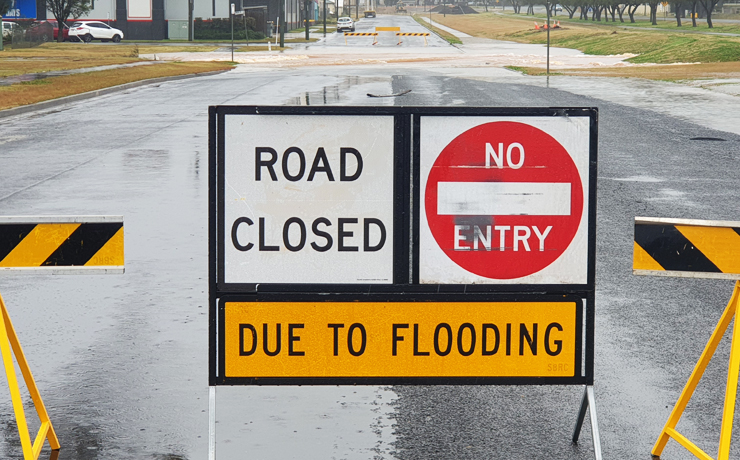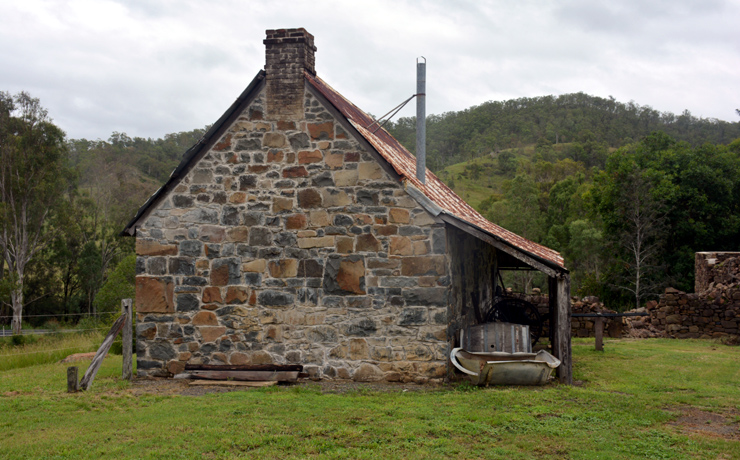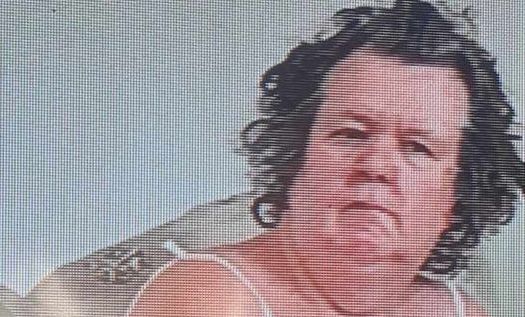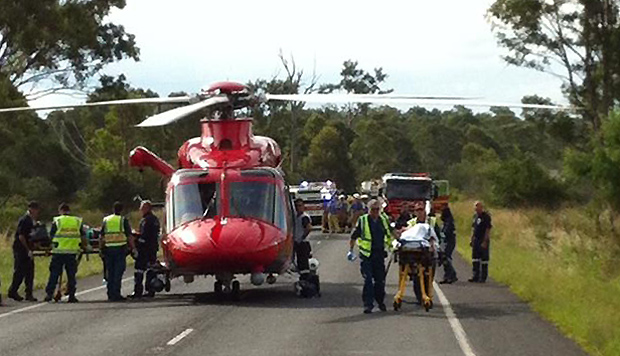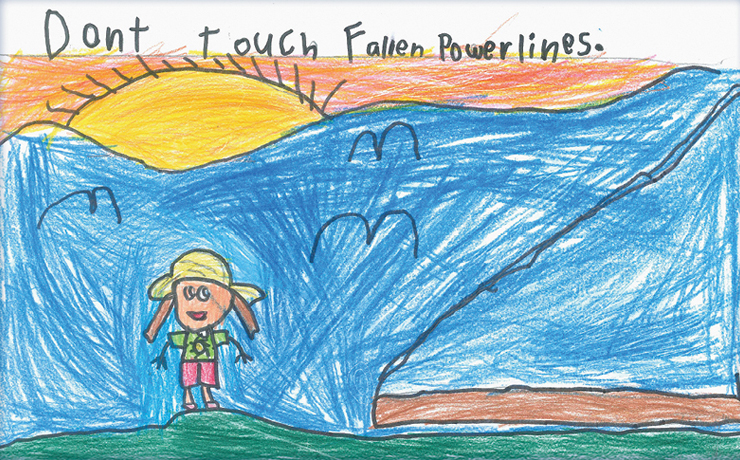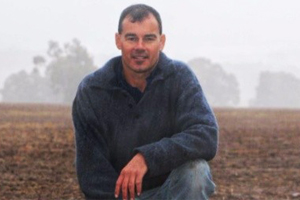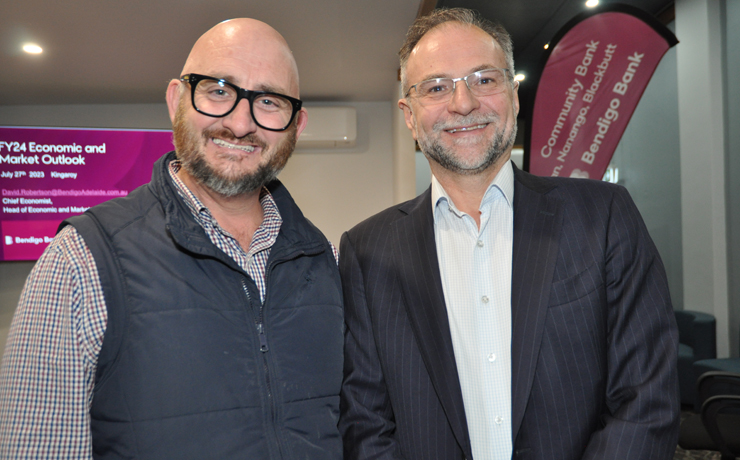
August 1, 2023
Anyone who attended last week’s economic update evening, hosted by the Kingaroy Chamber of Commerce of Industry, won’t have been surprised by Tuesday’s interest rates announcement.
Bendigo Bank’s chief economist David Robertson tipped there would be no rates rise, which is exactly what happened on Tuesday.
The Reserve Bank left the cash rate on hold at 4.1 per cent, for the second month in a row.
Mr Robertson said he expected most countries’ rates would peak about 5.5 per cent before they began cutting to rescue their economies, however the case in Australia would be different.
If Australia’s rate hadn’t already peaked at 4.1 per cent, he tipped it would rise to 4.35 per cent before levelling off.
This could occur in November after the next set of quarterly inflation numbers were released.
“What I don’t expect is rate cuts, certainly not until 2025. Until you get inflation back within that 2-3 per cent band, the Reserve Bank won’t have the luxury to be able to cut rates,” Mr Robertson said.
He wanted to be the bearer of “realistic news” rather than “bad news”.
The Reserve Bank has lifted interest rates 12 times since last May.
“With 4 per cent of rate hikes this quickly, it is going to have an impact on the national economy,” Mr Robertson said.
Rate rises are designed to limit spending but also increase unemployment.
Mr Robertson weighed up the risks of a “hard landing” for the economy and the risk of a recession.
He said the economic cycle in Australia – and in most western economies – lasted about seven years.
“Every seven years or so we will get an economic contraction,” he said.
He said Australia had enjoyed a number of “soft landings” since the early 90s, but the chances of a “hard landing” (ie. going into a recession), this time were about 60 per cent.
The depth of this recession would depend on how many further rates hikes were made by the Reserve Bank.
Mr Robertson said the economy was always going to be hit by inflation coming out of the pandemic, but this had been “supercharged” by the Russian invasion of Ukraine.
It was also happening at a time when the world was trying to transition to net zero and artificial intelligence was coming in.
“It’s a really complex environment,” he said.
But the Reserve Bank appeared to be choosing a deliberate “hard landing” as their preferred method of dealing with inflation.
Mr Robertson said some regions would deal with the recession better than others.
“In particular, I think the Queensland economy – and indeed, the south-east Queensland economy – is one of the star performers,” he said.
Mr Robertson said if RBA Governor Phillip Lowe hadn’t hiked rates to the degree he has, there would have been a real risk that inflation would have grown out of control.
The KCCI update was held at the association’s Hub building in Kingaroy Street last Thursday night.












